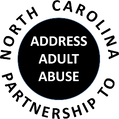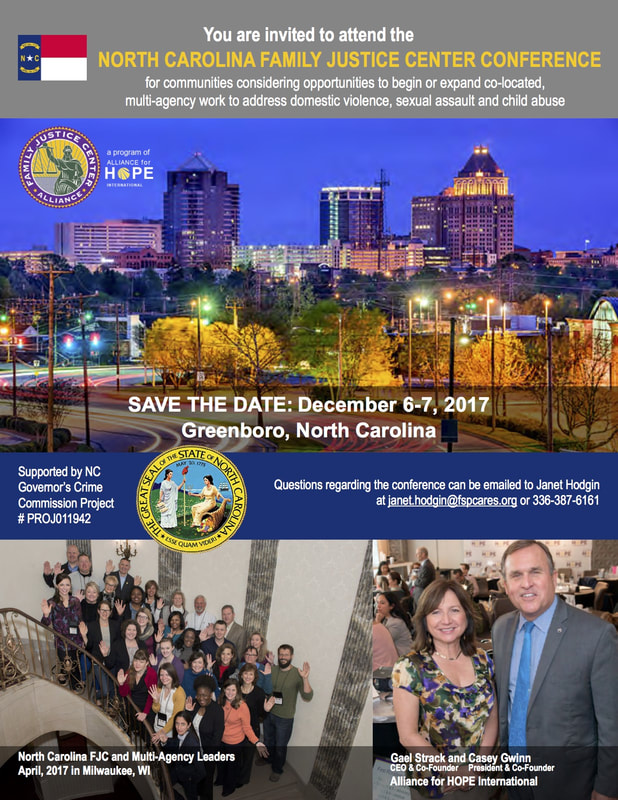|
Join issue experts from the Consumer Financial Protection Bureau’s Office for Older Americans for a free webinar highlighting the findings from its new report, Suspicious Activity Reports on Elder Financial Exploitation: Issues and Trends. The webinar will provide key facts, trends, and patterns revealed in these Suspicious Activity Reports—or SARs—filed by banks, credit unions, money transmitters, and other financial services providers. Presenters will discuss the implications of these findings and next steps.
Key audiences for this webinar include financial institutions, law enforcement, prosecution, adult protective services, the aging network, and others working to enhance protections for older adults. CFPB’s first-ever public analysis provides a chance to better understand elder fraud and find ways to improve prevention and response. Please RSVP to: [email protected] Webinar Details: Date: April 9, 2019 Time: 2:00 – 3:00pm (Eastern Time Zone) To join via webinar: 1. Click here to join webinar online 2. For audio please call: 1-800-779-4691 --Conference number: PWXW8892029 --Audience passcode: 7732522
4 Comments
Dear Colleagues,
We are pleased to share our latest blog, Opioids and Elder Abuse: A Disquieting Connection, by Pamela B. Teaster, PhD, and Karen A. Roberto, PhD, Center for Gerontology, Virginia Tech Robert Blancato, MPA, Brian W. Lindberg, MMHS, and Meredith Whitmire, JD, Elder Justice Coalition. Older adults are an important but frequently forgotten generation that is affected by the opioid crisis in America. Opioid addiction doesn't just affect the person experiencing addiction. It affects everyone around them, and as we are seeing across the country, it can have devastating effects for the entire community. A study last year led by Elder Justice Coalition and Virginia Tech gathered information about the relationship between opioid use and elder abuse. This research, conducted with officials in four states, revealed double-digit increases in reported elder abuse and exploitation cases tied to misuse of opioids by either family members, caregivers or total strangers. Read more about what the elder justice community needs to know about the connection between opioids and elder abuse in our latest blog. Please read and share widely with your networks: http://bit.ly/OpioidsandEA Sincerely, NCEA Team The National Clearinghouse on Abuse in Later Life (NCALL) is a project of End Domestic Abuse Wisconsin: The Wisconsin Coalition Against Domestic Violence. NCALL is committed to creating a world that respects the dignity of older adults and enhances the safety and quality of life of older victims and survivors of abuse. www.ncall.us
Mission: NCALL engages communities to foster a collaborative, inclusive, survivor-centered response to abuse in later life. Vision: Society respects older adults, and communities work collaboratively to ensure their dignity and safety. Interesting article on the war on Opioids
Each year the National Adult Protective Services Association offers scholarship opportunities for its members who are employed by an adult protective services program. This year NAPSA is offering a t-shirt fundraiser through ChariTEES. Proceeds will go toward funding 2019 conference scholarships.
Your order will be shipped within approximately 14 days from the date you place your order. Show your NAPSA spirit! Order today to receive your shirt in time to wear at the 2018 NAPSA conference! August 2-3, 2018 Register Here:
www.ncdistrictattorney.org/training_registration/2018_Disabled_and_Elder_Abuse.html Honoring World Elder Abuse Awareness Day
Today is World Elder Abuse Awareness Day. Below are some resources from the Elder Justice Coalition to bring you up to date on the latest news in elder justice:
Elder Justice Coalition | [email protected] | elderjusticecoalition.com An EJC and Benjamin Rose Institute on Aging Webinar: Exploring the Elder Abuse Prevention and Prosecution Act
Join us for this special event on Monday, November 20 at 2 PM ET to discuss the Elder Abuse Prevention and Prosecution Act, recently signed into law. Sponsored by the Elder Justice Coalition and Benjamin Rose Institute on Aging, this webinar will explore: - the background of the Act - the implementation of the Act - tools for advocates Register here! Agenda: Moderator: Brian Lindberg, Public Policy Director, Elder Justice Coalition Opening Remarks: Robert Blancato, National Coordinator, Elder Justice Coalition Richard Browdie, President & CEO, Benjamin Rose Institute on Aging Elder Abuse Prevention and Prosecution Act Background: Evelyn Fortier, Professional Staff, U.S. Senate Judiciary Committee and Khaliyl Lane, Professional Staff, Senator Richard Blumenthal Elder Abuse Prevention and Prosecution Act Implementation Andy Mao, Deputy Director of the Commercial Litigation Branch of the Civil Division and Coordinator of the Elder Justice Initiative, Department of Justice (Invited) Tools We Can Use: A Prosecutor's Perspective Paul R. Greenwood, Deputy District Attorney, Head of Elder Abuse Prosecution Unit, San Diego, California District Attorney's Office By Jennifer Stuart
RALEIGH, October 24, 2017 – October is Domestic Violence Awareness Month. When most people think of domestic violence, they probably picture violence among couples or towards children. But what about abuse of senior citizens by their families or caretakers, is that domestic violence? Yes. North Carolina's domestic violence law, General Statute 50B, often referred to simply as 50B, covers more than just romantic and parental relationships. It offers important protections and forms of relief for elderly victims, too. 50B lists the types of "personal relationships" that qualify under the law. Parent-child and grandparent-grandchild relationships are specifically mentioned, as are "current or former household members," which could include any family member, friend, caretaker or roommate who has lived with the victim. And of course, abuse in romantic relationships is possible at any age, whether the relationship is new or decades old. An elderly victim in one of these qualifying relationships may obtain the same types of relief through a protective order as a younger victim abused by their spouse. However, relief under 50B is only available if the abuser is over the age of sixteen, regardless of the relationship. Relief under 50B can include a court order to keep the abuser away from the victim's home. Unfortunately, such a measure is sometimes the only way to keep an abusive family member away, given family dynamics and routine access that caretakers, children or grandchildren may have to the victim's residence. A protective order can trigger legal safeguards including mandatory arrests when certain terms of the order are violated – for example, when the perpetrator refuses to stay away from the victim's home. When a family member is abusing an elderly person, the close relationship may make it difficult to contemplate seeking a protective order against the abuser. Whether to take such action should always be the victim's decision, but there is always help and support available even if they are not ready to take action. The resources available to younger victims in married or dating relationships are also often available to elderly victims. The North Carolina Coalition Against Domestic Violencelists shelters and advocacy organizations by county on its website. These organizations can often provide shelter, counseling, safety planning and other supportive services to victims, regardless of whether they wish to pursue criminal charges or seek a protective order. # # # Jennifer Stuart is an attorney in Raleigh with Legal Aid of North Carolina's Senior Law Project (SLP). She writes monthly articles about legal issues affecting seniors. The SLP provides free civil legal help to North Carolinians who are 60 or older. To contact the SLP, call 1-877-579-7562 (toll-free), Monday through Friday, 9-11 a.m. and 1-3 p.m. |


 RSS Feed
RSS Feed